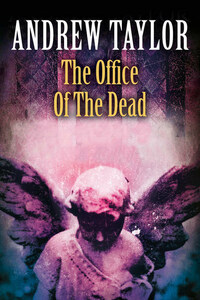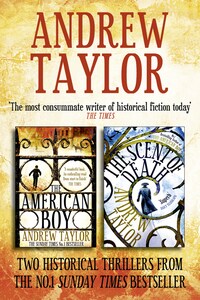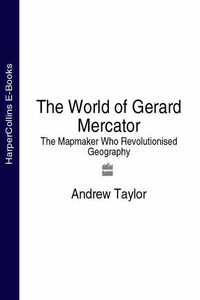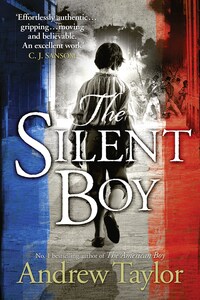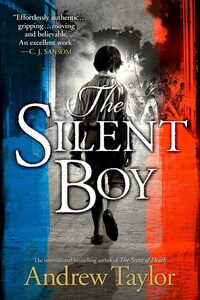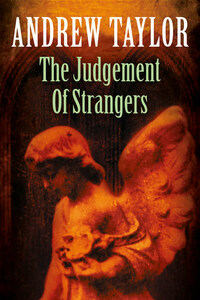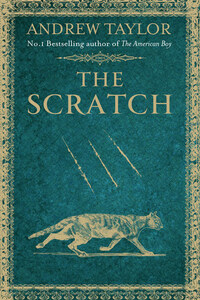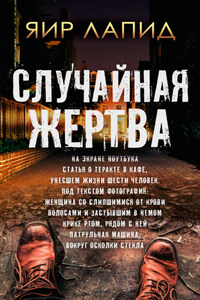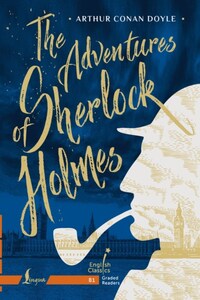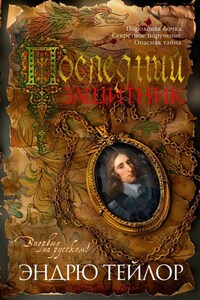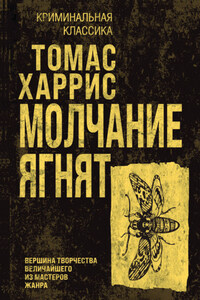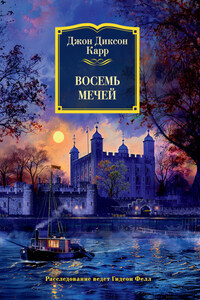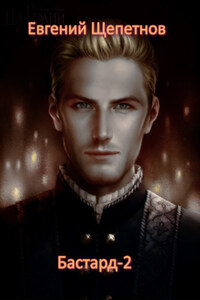âIâm nobody,â Rosie said.
It was the first thing she said to me. Iâd just pushed open the door in the wall and there she was. She wore red sandals and a cotton dress, cream-coloured with tiny blue flowers embroidered on the bodice, and there were blue ribbons in her blonde hair. The ribbons and flowers matched her eyes. She was very tidy, like the garden, like everything that was Janetâs.
I knew she was Rosie because of the snapshots Janet had sent. But I asked her name because thatâs what you do when you meet a child, to break the ice. Names matter. Names are hard to forget.
âNobody? Iâm sure thatâs not right.â I put down the suitcase on the path and crouched to bring my head down to her level. âI bet youâre really somebody. Somebody in disguise.â
âIâm nobody.â Her face wasnât impatient, just firm. âThatâs my name.â
âNobodyâs called nobody.â
She folded her arms across her chest, making a cross of flesh and bone. âI am.â
âWhy?â
âBecause nobodyâs perfect.â
She turned and hopped up the path. I straightened up and watched her. Rosie was playing hopscotch but without a stone and with an invisible pattern of her own making. Hop, both legs, hop, both legs. Instead of turning to face me, though, she carried on to the half-glazed door set in the wall of the house. The soles of her sandals slapped on the flagstones like slow applause. Each time she landed, on one foot or two, the jolt ran through her body and sent ripples through her hair.
I felt the stab of envy, almost anger, sharp as John Treevorâs knife. Nobody was beautiful. Oh yes, I thought, nobodyâs perfect. Nobodyâs the child I always wanted, the child Henry never gave me.
Iâd been trying not to think about Henry for days, for weeks. For a moment his face was more vivid than Rosie and the house. I wished I could kill him. I wished I could roll up Henry and everything else that had ever happened to me into a small, dark, hard ball and throw it into the deepest, darkest corner of the Pacific Ocean.
Later, in one of those fragmentary but intense conversations we had when Janet was ill, I tried to explain this to David.
âWendy, you canât hide away from the past,â he said. âYou canât pretend it isnât there, that it doesnât matter.â
âWhy not?â I was a little drunk at the time and I spoke more loudly than Iâd planned. âIf you ask me, thereâs something pathetic about people who live in the past. Itâs over and done with.â
âItâs never that. Not until you are. It is you.â
âDonât lecture me, David.â I smiled sweetly at him and blew cigarette smoke into his face. âIâm not one of your bloody students.â
But of course he was right. That was one thing that really irritated me about David, that so often he was right. He was such an arrogant bastard that you wanted him to be wrong. And in the end, when he was so terribly wrong, I couldnât even gloat. I just felt sorry for him. I suppose he wasnât very good at being right about himself.
Nobodyâs perfect.
When I was young, the people around me were proud of their pasts, and proud of the places where they lived.
My parents were born and bred in Bradford. Bradford was superior to all other towns in almost every possible way, from its town hall to its department stores, from its philanthropists to its rain. Similarly, my parents were quietly confident that Yorkshire, Godâs Own County, outshone all other counties. We lived in a tree-lined suburb at 93, Harewood Drive, in a semi-detached house with four bedrooms, a Tudor garage and a grandfather clock in the hall.
My father owned a jewellerâs shop in York Street. The business had been established by his father, and he carried it on without enthusiasm. He had two interests in life and both of them were at home â his vegetable garden and my brothers.
Howard and Peter were twins, ten years older than me. They were always huge, semi-divine beings who took very little notice of me, and they always will be. I find it very hard to recall what they looked like.
âYou must remember something about them,â Janet said in one of our heart-to-hearts at school.
âThey played cricket. When I think about them, I always smell linseed oil.â
âDidnât they ever talk to you? Do things with you?â
âI remember Peter laughing at me because I thought Hitler was the name of the greengrocerâs near the station. And one of them told me to shut up when I fell over on the path by the back door and started crying.â
Janet said wistfully, âYou make it sound as if youâre better off without them.â
Thatâs something Iâll never know. When I was ten, they were both killed, Peter when his ship went down in the Atlantic, and Howard in North Africa. The news reached my parents in the same week. After that, in memory, the house was always dark as though the blinds were down, the curtains drawn. The big sitting room at the back of the house became a shrine to the dear departed. Everywhere you looked there were photographs of Peter and Howard. There were one or two of me as well but they were in the darkest corner of the room, standing on a bookcase containing books that nobody read and china that nobody used.
